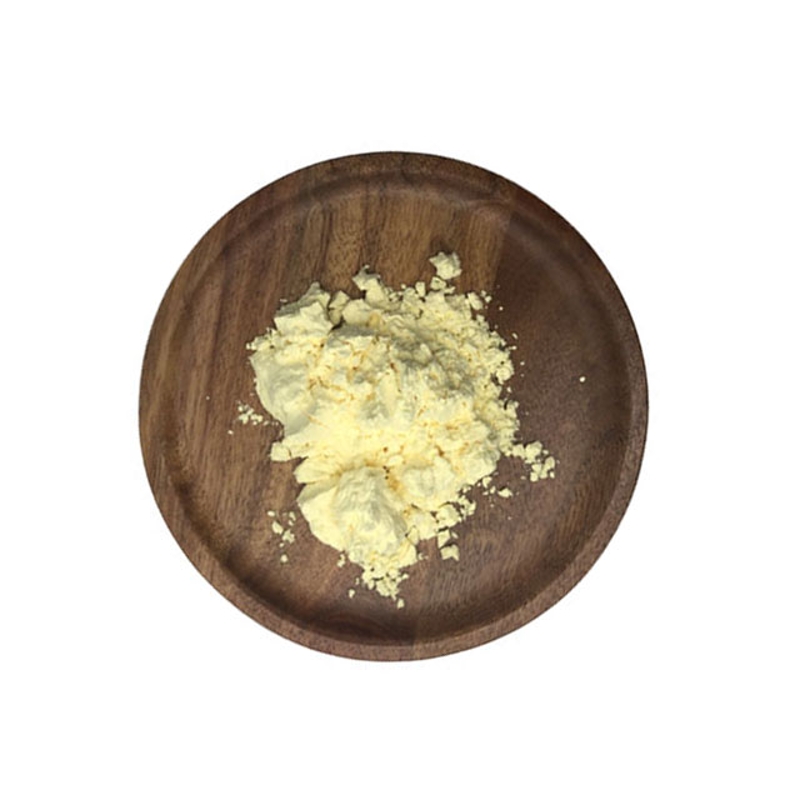Nat commun: a new discovery of MAIT cell activity and function in acute HIV infection
-
Last Update: 2020-02-15
-
Source: Internet
-
Author: User
Search more information of high quality chemicals, good prices and reliable suppliers, visit
www.echemi.com
February 15, 2020 / biool / -- in a new study published in the Journal of nature communications, researchers from Karolinska College show that mucosal associated invariant T cells (MAIT cells) in the human immune system will make dynamic activity and gene expression recombination in the initial stage of HIV infection This research fills a knowledge gap, because previously, the function of MAIT cells at this specific stage has not been well understood In recent years, significant efforts have been made to understand the response and behaviour of the human immune system in the first days and weeks of HIV infection Photo source: nature communications "by working closely with the Walter Reed Army Institute, we have access to a wide range of organisms that we can study sample individuals who have been and have been infected with HIV," said John Sandberg, Professor of medicine at the Karolinska School of medicine, Huddinge, and senior author of the study MAIT cells are part of the immune system Their main task is to control bacterial barriers in the body, such as skin and mucous membranes In addition, MAIT cells play an important role in the prevention of pulmonary bacterial infection (such as tuberculosis) However, even if the virus is infected, MAIT cells will react during HIV infection This may be because the immune system of the infected individual loses control of the bacteria when infected "Previous observations have shown that MAIT cells will disappear in the later stages of HIV infection In this study, we can see that MAIT cells actually start to expand at an early stage and fight bacteria with strong activation, "said John Sandberg MAIT cells may not help control HIV to a large extent, but when the infection becomes chronic, the number of MAIT cells in the body will decrease Unlike many other parts of the body's immune system, MAIT cells cannot recover after treatment for HIV infection "In this study, we also found that the gene expression pattern of MAIT cells gradually changed in the initial stage," said John Sandberg "They have different characteristics and their antibacterial function is reduced, which may have a negative impact on the individual's immune defense "This study enhances understanding of the initial stages of HIV infection Previously, there was a lack of knowledge in this area because at the beginning of the study, individuals diagnosed with HIV tended to be infected for a long time "In the current HIV research, the focus is on developing vaccines and finding treatments," said John Sandberg "Understanding how the immune system works in the early stages of HIV infection, such as the activity and characteristics of MAIT cells, can help identify future interventions "Reference: Johan K Sandberg et al Dynamic MAIT cell response with progressive enhanced in native like features during acute HIV-1 infection, nature communications, Jan 142020, DOI: 10.1038/s41467-019-13975-9
This article is an English version of an article which is originally in the Chinese language on echemi.com and is provided for information purposes only.
This website makes no representation or warranty of any kind, either expressed or implied, as to the accuracy, completeness ownership or reliability of
the article or any translations thereof. If you have any concerns or complaints relating to the article, please send an email, providing a detailed
description of the concern or complaint, to
service@echemi.com. A staff member will contact you within 5 working days. Once verified, infringing content
will be removed immediately.







